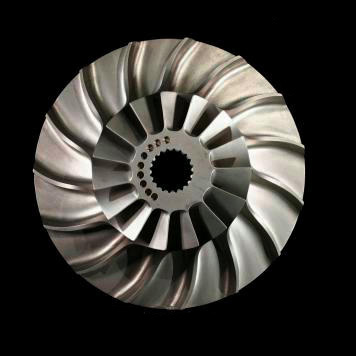◊
◊
◊
◊
A favorite material for the structural elements of aircraft



| Ti | Z = 22 | ◊ ◊ ◊ ◊ ◊ |
Titanium | |
| From the Greek "Titan", meaning "Earth" | ||||
| (AM) Atomic Mass | 47.88 amu | ♦ | +2, +3, +4 | |
| 3287 °C | ♦ | 1660 °C | ||
| 4.51 g/cm3 | ♦ | Hexagonal | ||
| 1.5 | ♦ | 1.36 Å | ||
| Solid | ♦ | (C) Heat Capacity | 0.523 J/g °C | |
| Electronic-Config | [Ar] 3d2 4s2 | ♦ | 658.03 kJ/mol | |
| 425 kJ/mol | ♦ | 14.15 kJ/mol | ||
| 1830 | ♦ | England | ||
| (E°) Standard Potential | Ti2+⇔ Ti (-1.630 V), Ti3+⇔ Ti (-1.370 V) | |||
| Stable isotopes | 46Ti, 47Ti, 48Ti, 49Ti, 50Ti | |||
| Discovered/Synthesized by | The Reverend William Gregor | |||
| Natural Source | The mineral/ore rutile, ilmenite, and leucoxene | |||
| Common Uses | Aerospace, racing bikes, artificial joints, white paint | |||
| Other Info | Main ingredient of white paint as well as sunblock A favorite material for the structural elements of aircraft |
|||
Previous Element |
 |
Next Element |
||
| Back to Table |
Common Properties |
|||
| Home Page |
Definitions |
|||